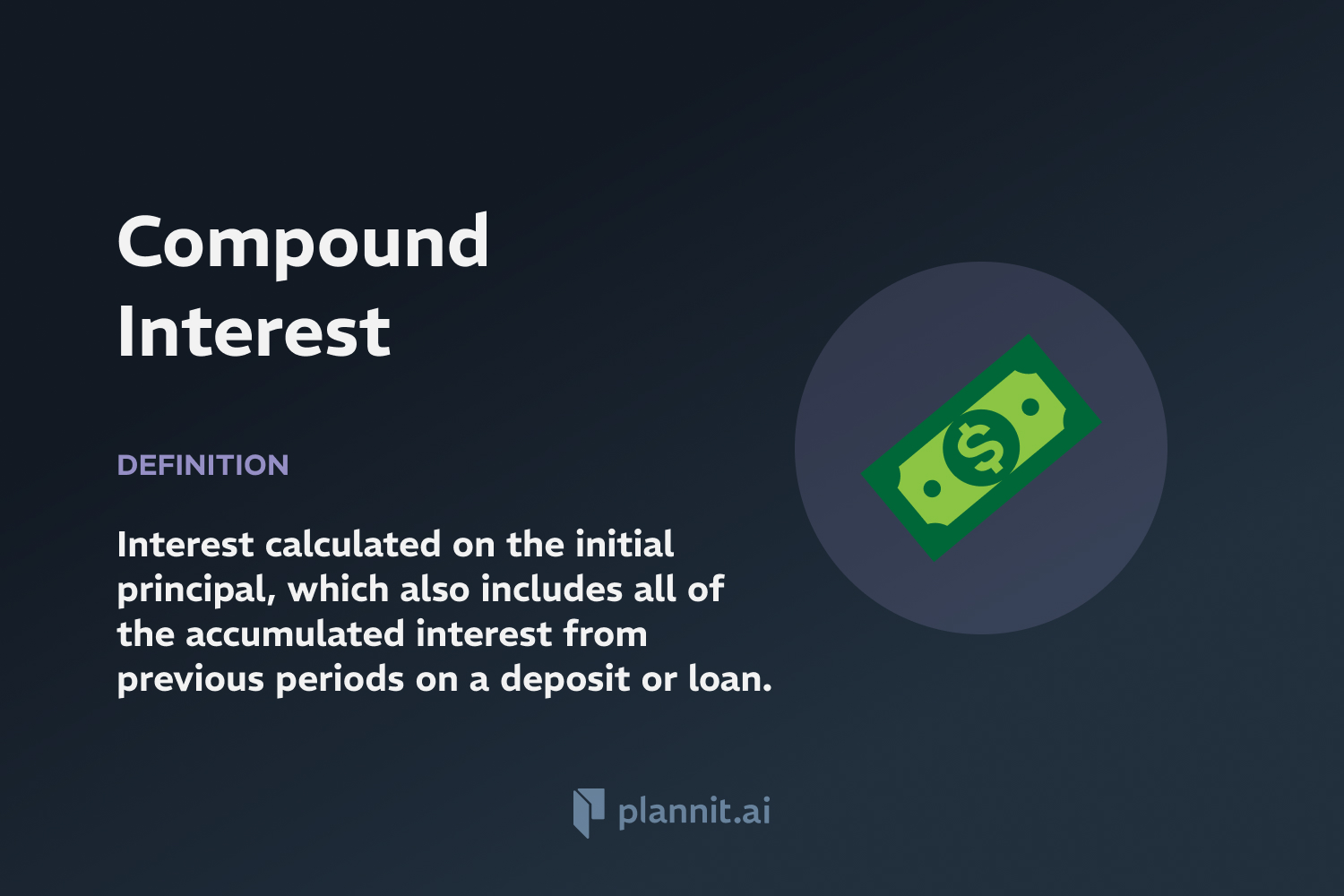Need Help With Your Business Plan?
Answer tailored questions and get a detailed business plan in minutes.
Tax: Definition & In-Depth Explanation
Definition:
Tax refers to the compulsory financial charge or other type of levy imposed on individuals or entities by a government. Taxes are enforced contributions, not repayable, collected to fund public services, infrastructure, and government obligations.
Context of Use:
Taxes are utilized in nearly every country in the world as a primary means for governments to generate revenue. This revenue is crucial for funding everything from public healthcare and education to defense and welfare.
Purpose:
The purpose of taxes is to provide the government with the funds needed to operate, serve the public, and support economic structure and growth without relying solely on external debt. Taxes help balance the economy, redistribute wealth, and fund public services that private entities are not incentivized to provide.
Example:
Income Tax: Charged on individual and corporate earnings, varying in rate depending on income level and jurisdiction.
Sales Tax: Applied to the sale of goods and services, and collected by the retailer at the point of purchase.
Property Tax: Levied on property owners based on the assessed value of their property, used primarily to fund local services like schools, roads, and police.
Related Terms:
Tax Return: The form(s) filed with a taxing authority that reports income, expenses, and other pertinent tax information.
Tax Deduction: A reduction in tax obligation from a taxpayer's gross income.
VAT (Value Added Tax): A consumption tax placed on a product whenever value is added at each stage of the supply chain, from production to the point of sale.
FAQs:
1. What are the different types of taxes?
A: Common types of taxes include income tax, sales tax, property tax, and inheritance tax, each with different purposes and impacts.
2. How do taxes contribute to society?
A: Taxes fund public services such as education, healthcare, and infrastructure, which contribute to societal well-being and economic stability.
3. What happens if taxes are not paid?
A: Non-payment of taxes can result in penalties, interest on the owed amount, liens, and even prosecution.
4. How can taxpayers reduce their tax liability?
A: Taxpayers can reduce liability through various deductions, credits, and allowances, which lessen taxable income or directly reduce tax payable.
5. Why do tax rates vary between countries?
A: Tax rates vary based on economic policies, the country's social welfare programs, the level of public services provided, and cultural factors influencing public finance.
Get funding with a business plan that will impress investors.
Starting a New Business?



